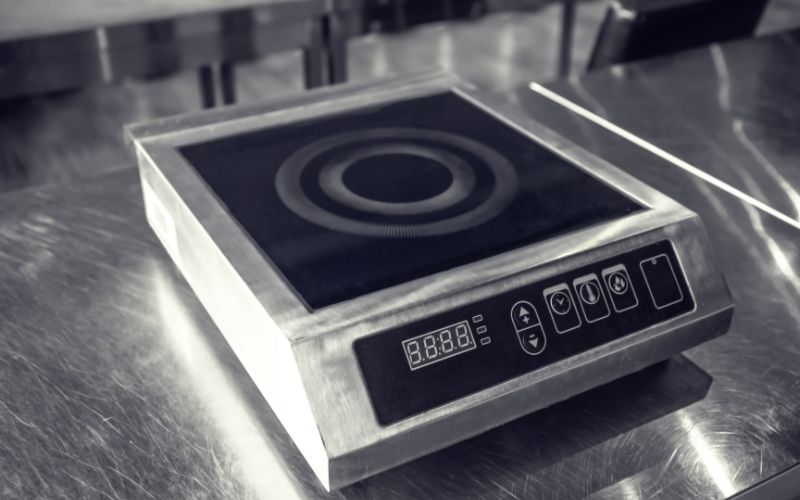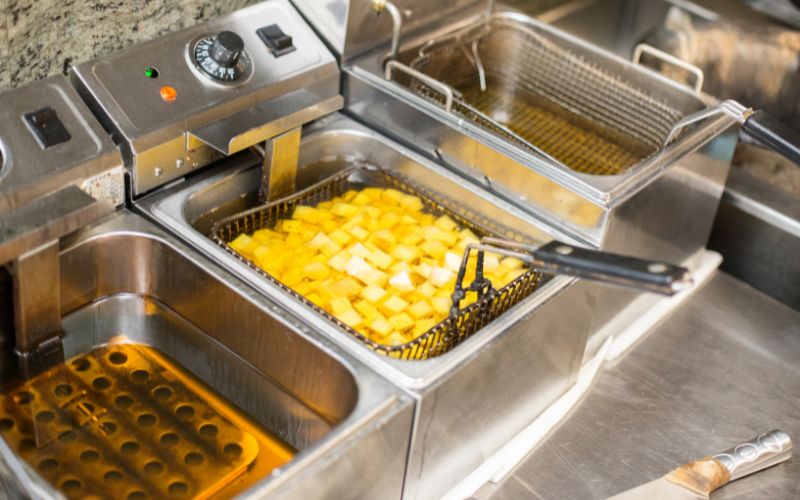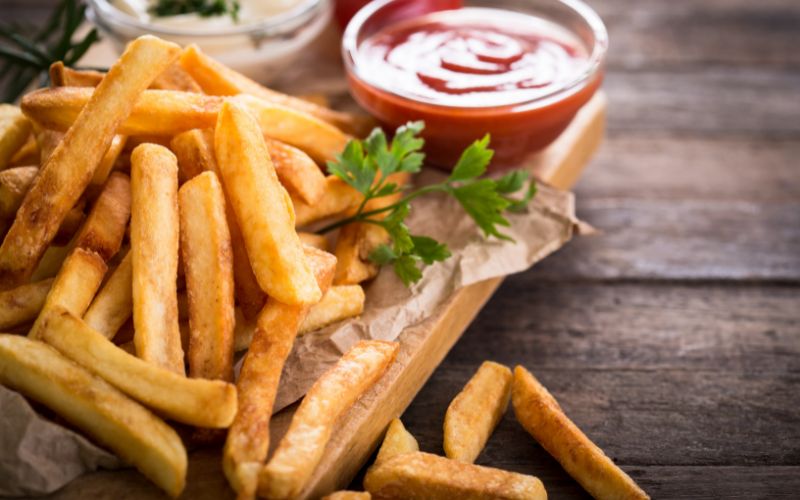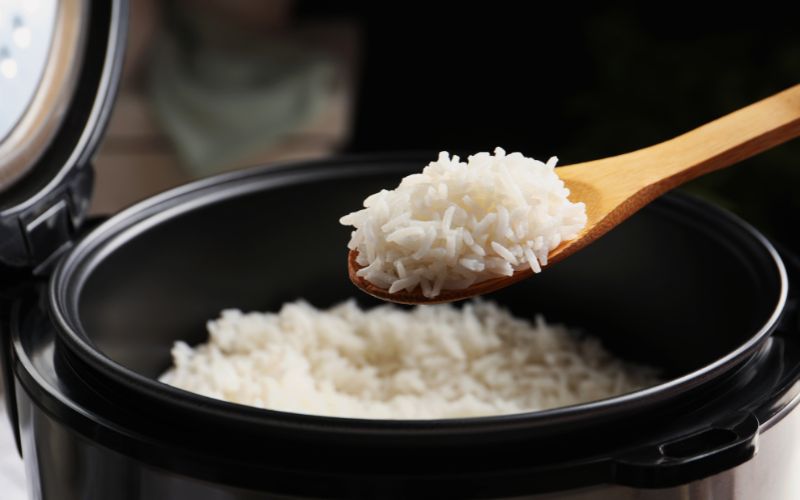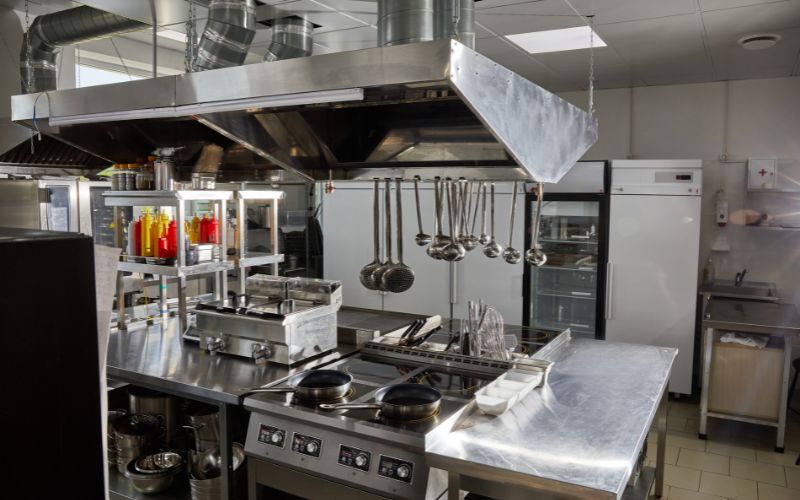The Great Oven Debate: Gas vs. Electric
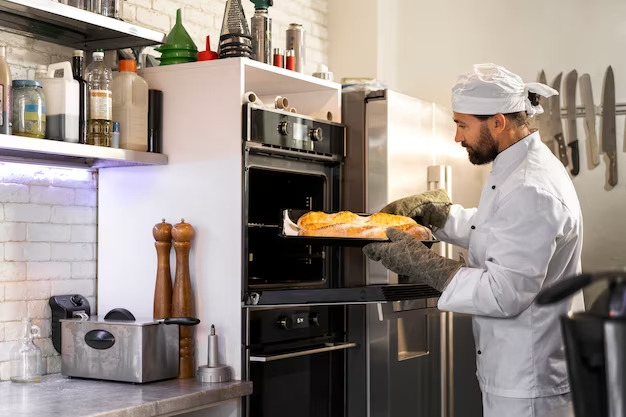

As enthusiastic home cooks and culinary enthusiasts, we find ourselves amid a passionate debate: gas vs. electric ovens and even the rising popularity of benchtop ovens.
This debate has been simmering for years, and it's time to turn up the heat on this topic.
Let’s dissect the essential factors that matter most when choosing between these kitchen workhorses: energy efficiency and cost, cooking performance and versatility, and safety and maintenance considerations.
Energy Efficiency and Cost
When choosing a suitable kitchen appliance, energy efficiency and cost are crucial factors. Your choice of oven can significantly impact your monthly utility bills and cooking experience.
Gas Ovens
- Energy Efficiency: When it comes to energy efficiency, gas ovens often take the lead. Why? They heat rapidly, requiring less preheating time and reducing energy consumption. A gas oven might be your ideal choice if you're all about saving time and energy.
- Cost: While gas ovens might come with a higher initial price tag due to installation requirements, they typically shine regarding long-term operating costs. The lower cost of natural gas than electricity means your monthly utility bills will likely be more budget-friendly.
Electric Ovens
- Energy Efficiency: Electric ovens have made significant strides in energy efficiency in recent years. They offer precise temperature control and even heating, resulting in efficient cooking. While they may not heat up as quickly as gas ovens, their improved performance balances the scales.
- Cost: Electric ovens tend to be more budget-friendly upfront. However, it's worth noting that their higher electricity consumption may lead to increased operating costs over time. So, while you may save initially, keep an eye on those utility bills.
Cooking Performance and Versatility
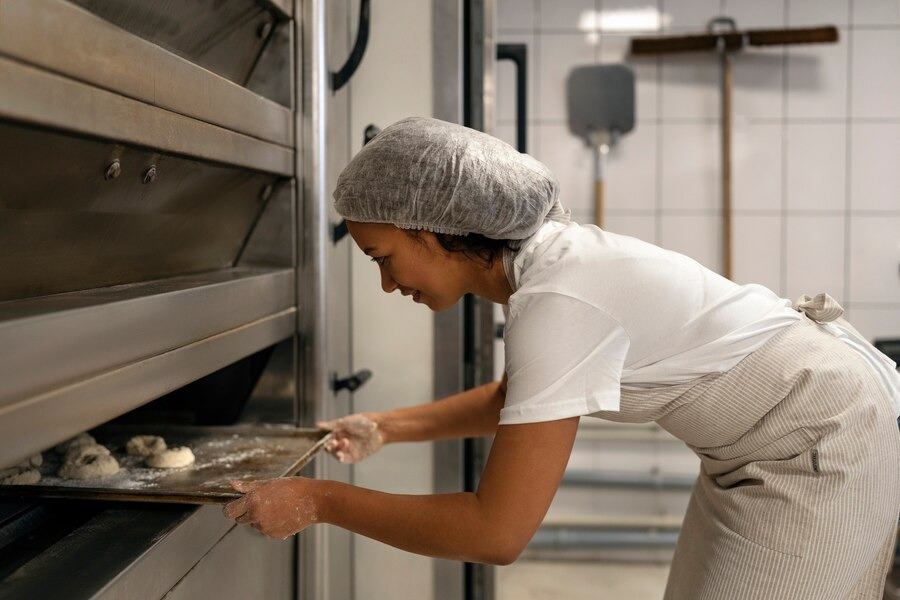

Cooking performance and versatility are vital considerations when selecting an oven, as they can significantly influence the quality and variety of dishes you can create.
Gas Ovens
- Cooking Performance: Gas ovens are renowned for providing high and consistent heat. This makes them the go-to choice for baking bread and roasting meats perfectly. If you're a culinary perfectionist, a gas oven can be your best friend in the kitchen.
- Versatility: What's cooking without versatility? Gas ovens often come equipped with broilers in the oven cavity. This feature allows for versatile cooking options and easy browning of dishes. A gas oven can handle everything from casseroles to pizzas.
Electric Ovens
- Cooking Performance: Electric ovens offer precise temperature control and even heat distribution. This makes them excellent for tasks like baking delicate pastries and desserts. If you're into baking and require consistent results, an electric oven might be your baking partner in crime.
- Versatility: Electric ovens can also be versatile. Many models come with convection cooking options, which can enhance results for certain dishes. So, if you enjoy experimenting with various cooking techniques, an electric oven can accommodate your culinary adventures.
Safety and Maintenance Considerations
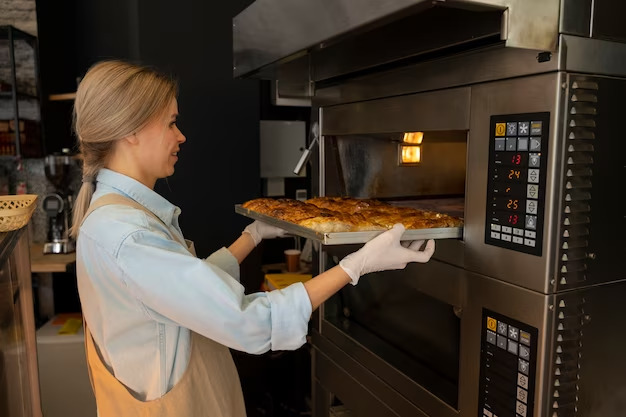

Safety should always be at the forefront of any appliance choice, especially one that generates high heat, like an oven. Additionally, understanding the maintenance requirements can save you time and hassle in the long run.
Gas Ovens
- Safety: Gas ovens provide exceptional performance but have safety concerns due to the open flame. Proper ventilation is crucial, and you should always be cautious about potential gas leaks. Safety first!
- Maintenance: Gas ovens require regular maintenance to ensure they operate safely. This includes cleaning burners and checking for gas leaks. Some maintenance tasks may necessitate professional assistance, so keep that in mind.
Electric Ovens
- Safety: Electric ovens are generally considered safer since they don't have an open flame. However, they can get extremely hot, so preventive measures are still essential. Always exercise caution when working around a hot electric oven.
- Maintenance: Maintaining an electric oven is often more straightforward. Regular cleaning and occasional checks for faulty wiring are typically all needed. This simplicity can be a significant advantage for busy home cooks.
Conclusion
There is no one-size-fits-all answer when choosing between a gas oven and an electric oven. Your decision should be based on your cooking habits, budget, and safety priorities. Both options have their advantages, and both should be considered carefully.
If you are looking for high-quality benchtop ovens and catering equipment, Leading Catering Equipment is the perfect place to start. They offer a wide selection of premium kitchen appliances that can enhance your cooking experience, whether you are a professional chef or an enthusiastic home cook. Call or message them to take advantage of their products and services.
Ultimately, the gas vs. electric oven debate may always have a vague winner, as both have their strengths. Choose the one that best suits your cooking style and needs, and let the culinary adventures begin! Happy cooking!

